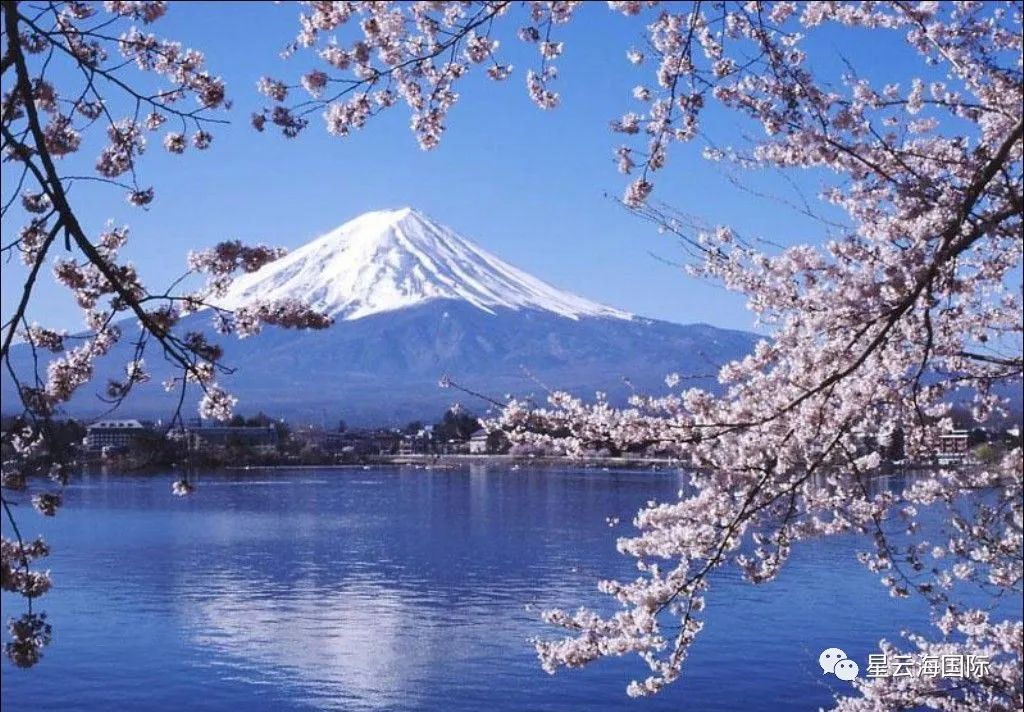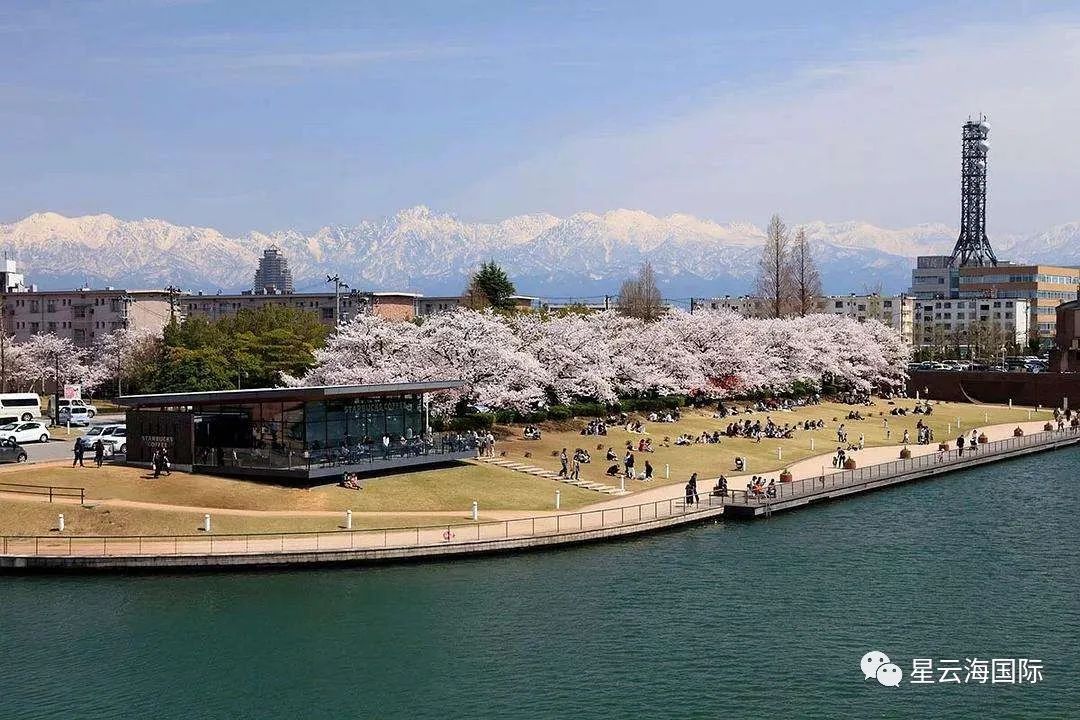As we all know, Japan is a high welfare country. As a representative of the developed countries in Asia, the welfare system can be said to be quite sound, with all kinds of social welfare, from medical care, child care to old-age care, and from children, low-income groups to the disabled.

With a sound system and rich welfare, the Japanese have a high quality of life. In recent years, more and more people choose to emigrate to Japan.
What benefits can I enjoy when I move to Japan?
01
Medical benefits
According to the statistics of the World Health Organization (WHO), Japan's medical technology level ranks first in the world. Japan's national medical insurance coverage has reached 99%, the highest in the world.
The Japanese medical insurance system, also known as "universal insurance" in Japan, requires fair provision of medical services to all citizens, including foreigners with residence status.
Free medical care for children under the age of 15;
70% medical reimbursement for 70 years old and below;
80% medical reimbursement for 70 to 75 years old;
75 and above, the medical efficiency rate reaches 90%;
Up to 90% of medical reimbursement can be made for diseases that meet the requirements of regular hospital admission inspection, such as cancer and other serious diseases.
02
Child care benefits
Maternity allowance
The one-time birth subsidy refers to the subsidy of 420000 yen (about 20000 yuan) for every child born to those who join the Japanese health insurance.
In addition, the cost of prenatal examination and childbirth can also be used to offset the individual income tax.
Maternity leave benefits
If both husband and wife are employees of the family, in addition to women have paid maternity leave, men can also take paid maternity leave.
According to the report of the United Nations Children's Fund, Japanese men can get 30.4 weeks of paid leave, which ranks first in the world.
03
Educational welfare
Japan's education is globally recognized for its high quality, strong faculty and rich educational resources. It ranks first in Asia and top ten in global education.
In order to encourage childbearing and reduce the burden on parents, the Japanese government has raised the consumption tax from 8% to 10%, and all the increased taxes are used for education investment to fully realize "free education".
This educational benefit is not only for Japanese families, but also for foreign families with long-term stay qualifications.
Children aged 0-2 from poor families can go to nurseries free of charge.
For children aged 3 to 5, the fees for nurseries and kindergartens will be exempted. For low-income families, the government will also provide additional subsidies.
Primary and junior high schools implement nine-year compulsory education, that is, public primary schools and junior high schools are free of tuition fees, while private schools also have some subsidies, tuition exemptions and other policies.
The implementation of free higher education since 2020 is more beneficial to low-income families. When children attend colleges and universities, no matter in universities, short-term universities, specialized schools, etc., tuition fees will be reduced and paid scholarships will be implemented.
04
Pension benefits
In terms of pension, Japan mainly has two types of pension plans, namely, national pension and welfare pension. As long as the insurance premiums are paid according to the regulations, when the legal old-age age is reached, the basic old-age pension can be received.

Both are eligible from the age of 65. The amount you can receive varies according to the amount you have paid. The basic principle is that you can receive more if you pay more, and receive less if you pay less.
05
Minimum living allowances
Japanese over 20 years old and foreigners with permanent residency rights can apply for a minimum living allowance of about 150000 yen per person per month if their income is lower than the basic living standard.
Completely unemployed people can also apply for a certain amount of unemployment benefits every month. They can also participate in reemployment training, and receive 100000 yen subsidy every month during the training period.
Those who have lost their labor force and are left unattended can enjoy rent reduction and free medical treatment.
Homeless vagrants can apply for about 120000 yen of living relief every month.
06
Housing benefits
Japanese and foreigners with permanent residency rights can obtain almost 0% ultra-low interest loans from banks when buying houses (cars). Some real estate projects even implement the purchase policy of zero down payment.
Foreigners who have worked in Japan for three years and have a stable job can also apply for low interest loans from the bank when buying a house. The interest rate is slightly higher than that of the Japanese.
Since the beginning of this year, the yen exchange rate has continued to fall, and investors have been crazy about buying Japanese real estate at the bottom:
On the one hand, you can choose to apply for business management visa by opening a home stay;
On the other hand, it can not only be used by investors for vacation and living, but also make profits through short rent of home stay.
One step solution to vacation, investment and visa problems!
With a Japanese business management visa, you can also bring your spouse and minor children to Japan to live, and enjoy the same national treatment in medical care, childbirth, pension and other aspects.
Now is a good time to invest! If you also want to settle in Japan and enjoy high social benefits in Japan, please consult Xingyunhai International!



























 Cyprus
Cyprus Turkey
Turkey Saint Kitts and Nevis
Saint Kitts and Nevis Greece
Greece
